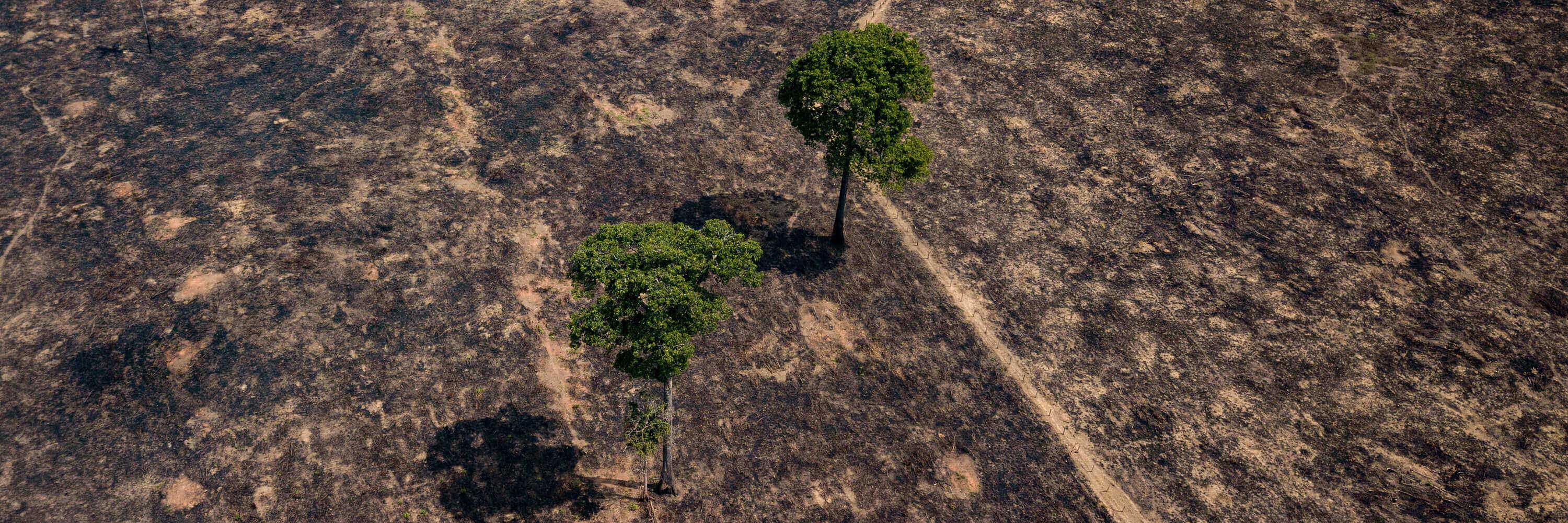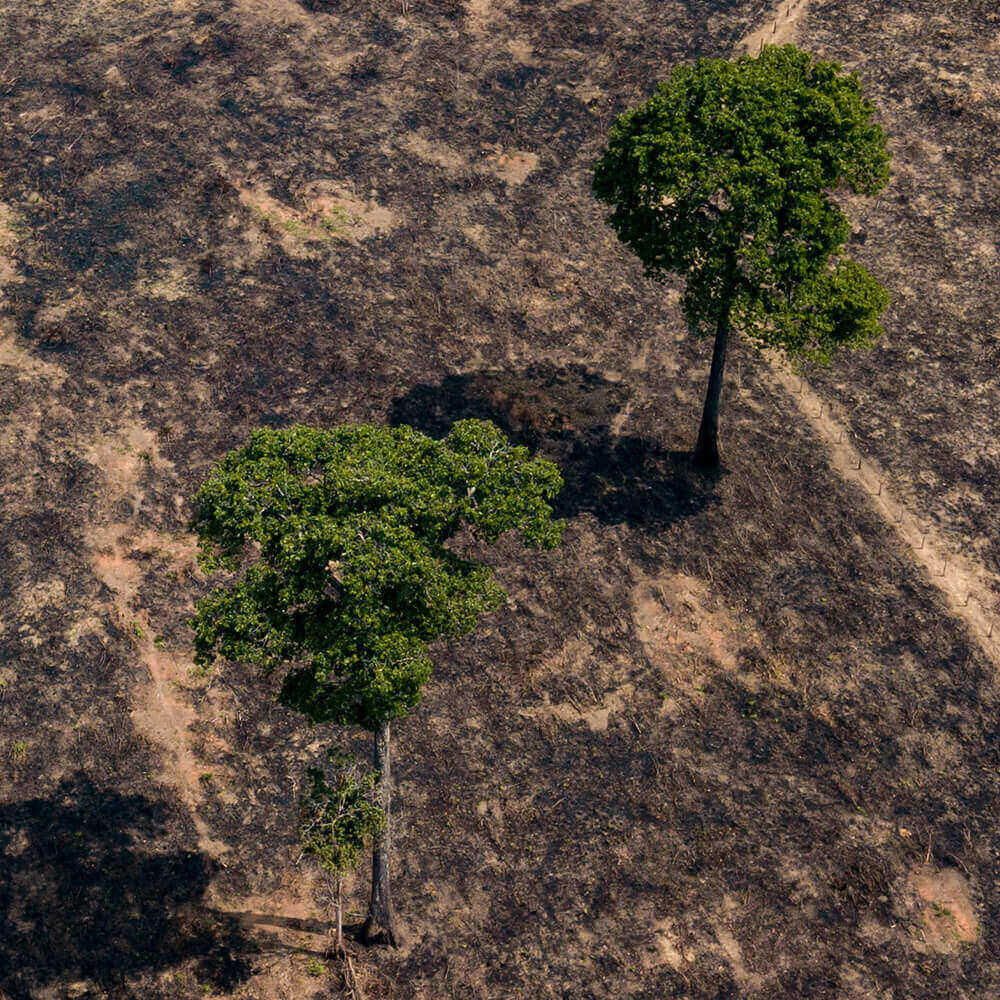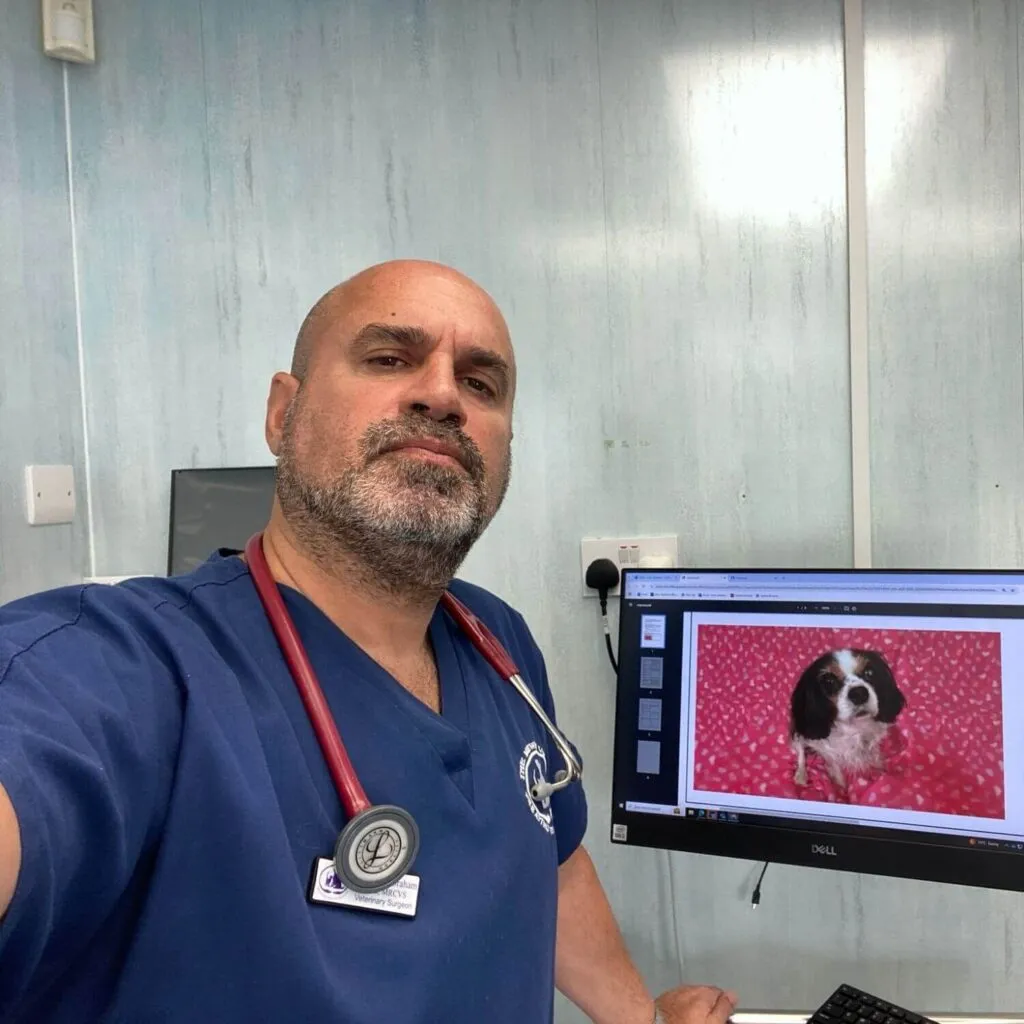

A letter from our Director to Climate Assembly UK

The UK Government has committed to reach net zero greenhouse gas emissions by 2050. Climate Assembly UK have now published a report setting out recommendations on how to achieve this.
The climate crisis is the greatest environmental challenge that our planet has ever faced. We are already experiencing record temperatures, rising waters, ever-increasing emissions and more. Time is ticking: if we don’t see immediate climate action we will face total climate breakdown.
Climate conversations are dominated by solutions of renewable energy, electric cars and decarbonisation, yet a key ingredient is often overlooked: plant-based innovations.
If the UK is to meet its ambitious but necessary pledge to achieve net zero greenhouse gas emissions, it must take into account the staggering and devastating impact that animal agriculture has on our precious planet.
Not only a major cause of pollution and climate change, industrial agriculture is also a main driver of species extinction. Animal agriculture is draining our world of its beautiful biodiversity, threatening the loss of plant and animal species forever.
I am reassured to learn that the Climate Assembly UK recommendations include a 20-40% reduction in meat and dairy consumption, and wholeheartedly support this proposal. This report and subsequent survey is helping to sow the seeds in people’s minds that, in order to reduce the heat, we must cut down on meat!
Below, I detail three key ways to help encourage dietary change:
1. Inform the public about the realities of animal agriculture.
Thanks to leading animal protection charities, such as Animal Equality, the public is able to witness what takes place behind closed doors in British farms and slaughterhouses. Animal Equality’s undercover investigations reveal the severe suffering that pigs, cows, chickens, fish and other animals are subjected to each year for human consumption. Mutilations, separation and desolation are the ear-markers of modern day farming, including on organic and Red Tractor-certified farms. By exposing these truths via mainstream media publications – such as Sky News, BBC, The Times, The Guardian, the Independent, TALKRadio and more – hundreds of millions of people are seeing the impact of their dietary choices on the animals trapped in the system. Without such releases, many people would be unaware that calves are separated from their mothers; chickens are selectively bred to grow so big, so quickly, that many suffer from lameness and heart attacks; and that fish are typically not stunned prior to slaughter, meaning they suffer an agonising and protracted death. By shining a light on the routine practices that take place, and by telling the individual stories of these animals, we are able to evoke empathy and empower consumers to make better informed dietary choices.
Similarly, by evidencing the alarming impact that the animal agriculture industry has on the Earth, consumers can choose to purchase products with a lower environmental footprint. For example, Animal Equality’s investigation in the state of Pará in North Brazil in September 2019 demonstrated that the world’s consumption of meat and fish (including soy, used for animal feed) is driving deforestation in the Amazon rainforest. Where tropical biodiversity once thrived, vast swathes of land are now desolate, destroyed to feed the global demand for meat and fish. Globally, food production contributes 20-30% of GHG emissions, with agricultural production being by far the biggest producer (24% of all human-caused emissions). Meat from farmed animals is the most intensive, followed by other animals (fish and crustaceans), then animal products like eggs and milk. Although plant-based foods too can carry an environmental toll – through long distance transport, for example – they are by far the smallest food contributor. Since 1945 in the UK we have lost 97% of flower meadows, 50% of ancient woodlands, 40% of heathlands, 50% of wetlands and 224,000 km of hedgerows, all due to animal farming. By equipping the British public with these facts, they are better able to make decisions that help, rather than harm, our planet.
2. Encourage celebrities and academics to endorse meaningful dietary change, to inspire and attract new audiences into the conversation.
In a recent study conducted by researchers within Edge Hill University, comprising 1674 respondents, it was found that the British public has a high level of interest in celebrity lifestyles and that messages to reduce or eliminate animal products from their diets personally attracts much publicity. This helps to ensure that the conversation continues in the public eye and is normalised. For example, in February 2020, Animal Equality was joined by high-profile actor and animal advocate, Joaquin Phoenix, in a banner drop from London’s iconic Tower Bridge which read ‘Factory farming is destroying our planet. Go vegan’. This one action alone garnered interest and coverage in Sky News, The Guardian, the Daily Mail, Metro, the Telegraph and more. Actions like these ensure that this important message is heard far and wide.
Likewise, the study also found that sportspeople and scientists can be important in giving credibility to the arguments and in breaking down harmful stereotypes about plant-based diets. Animal Equality also puts this into practice, including commentaries from respected academics – such as Veterinary Professor, Andrew Knight, Founding Director of the Centre for Animal Welfare within the University of Winchester – alongside exposés, as well as receiving support from celebrated athletes, such as professional footballer, Chris Smalling. This strategy enables messages to be further elevated and to reach all corners of society.
3. Work with people to tackle obstacles.
By recognising people’s barriers to making dietary changes, we can offer understanding and support to assist throughout their journey. Changing habits does not happen overnight, so by providing relatable messages, offering an authentic sense of community and by giving people practical, actionable steps, they can look to reduce or eliminate animal products from their diet over time.
Animal Equality, for example, offers a free e-cookbook and a ‘Love Veg Pledge’ initiative, which has so far seen over 50,000 sign-ups, offering tips and tricks in reducing animal products from your diet. By reducing habit change into digestible, manageable, bite-sized milestones, people are able to form new habits over time and, in doing so, help to create a more compassionate, more sustainable world for humans and animals alike. By suggesting ‘simple supermarket swaps’ and making plant-based options more readily available, people can try new and delicious products.
I also believe that a multi-faceted approach is needed to effect long-lasting change, alongside these individual dietary adjustments. I believe that meaningful conversations with companies to eliminate some of the worst abuses of animals in the system, as well as lobbying policy-makers to put in place legislation to better protect animals, will help to deliver change over time and ensure that progress is maintained. For example, by preventing the importation of products linked to illegal deforestation, the burden on consumers to navigate complex dietary issues is reduced.
In order to protect the longevity of our planet and the lives of future generations, we must rethink our attitude towards animals and nature. The future of our planet depends on it.
– Abigail Penny
Executive Director, Animal Equality UK
Recommended




